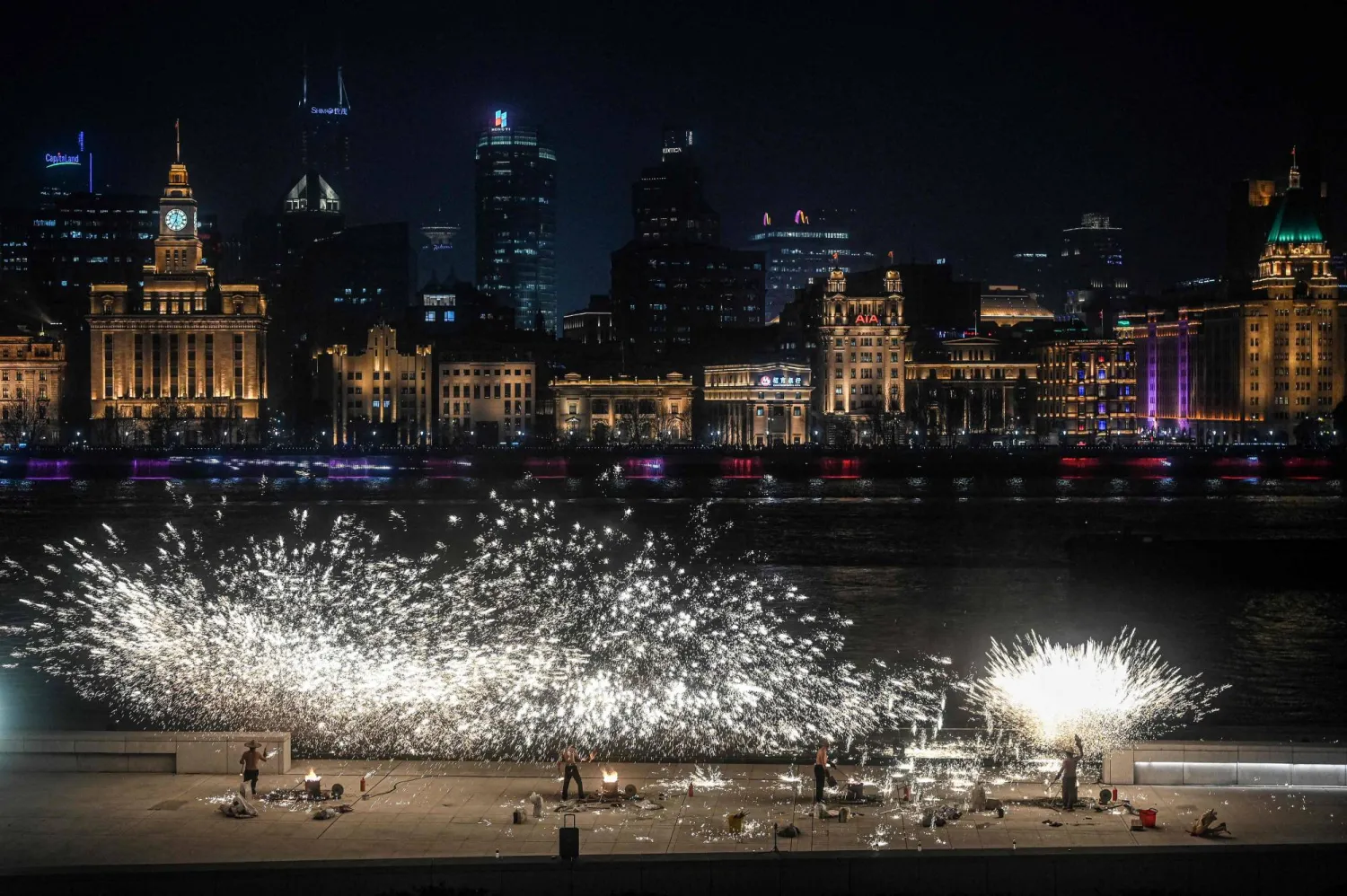Saudi Arabia’s Heritage Commission on Thursday announced new discoveries at archaeological sites at Farasan Islands located around 40 kilometers away from Jazan city.
Excavations by a joint Saudi-French team in cooperation with the University of Paris 1 ended with the discovery of several architectural structures and artifacts dating back to the 2nd and 3rd centuries. The excavations were part of the Commission’s efforts to survey and excavate heritage sites in Saudi Arabia and preserve them as a cultural and economic resource.
The works of the scientific team unveiled rare pieces, including a Roman folded armor made of copper ingots and another kind of armor known as “Lorica squamata”, which is the most frequently used during the Roman era between the 1st and 3rd centuries AD. In addition, the team discovered an inscription of garnet for “Genos”, a famous Roman figure in the Eastern Roman Empire, as well as the head of a small stone statue.
A Saudi-French team had made reconnaissance and exploratory trips to Farasan Island in 2005 and identified locations with archaeological indicators, before surveys started on the island in 2011. Previous explorations conducted between 2011 and 2020 led to several architectural and archaeological discoveries that showed that these sites date back to almost 1400 BC.
The exploration works at Farasan Island locations contributed to several archaeological discoveries and unveiled significant sites. This provided important insights into the civil role of the historical ports in the southern part of the Kingdom as well as their role in controlling the Red Sea trade and the ancient marine routes.
The archaeological discoveries also highlight the depth of civil life on the Farasan Islands and the importance of Saudi Arabia and its strategic location as a hub of various civilizations.
The Heritage Commission continues intensified efforts to protect and maintain cultural sites, in addition to benefiting from them in the sustainable development process by formulating suitable strategies and broad partnerships at both local and international levels.
Speaking to Asharq Al-Awsat, Dr. Suleiman Al-Deeb, a Cultural Advisor at the King Faisal Research Center, explained that the Farasan Island in southern Saudi Arabia played a distinguished role in shaping the culture of the region and that continuing to conduct archaeological visits and surveys- and making them precise and comprehensive- was required to unearth the island's mysteries and enhance our understanding of the economic ties and trade that linked its inhabitants with other politics.
“This new archaeological discovery, as well as other previous discoveries, demonstrate that Crown Prince Mohammed bin Salman was right to draw attention to the need to benefit from our shores, look for investment opportunities in them, and tell their history, he said.









